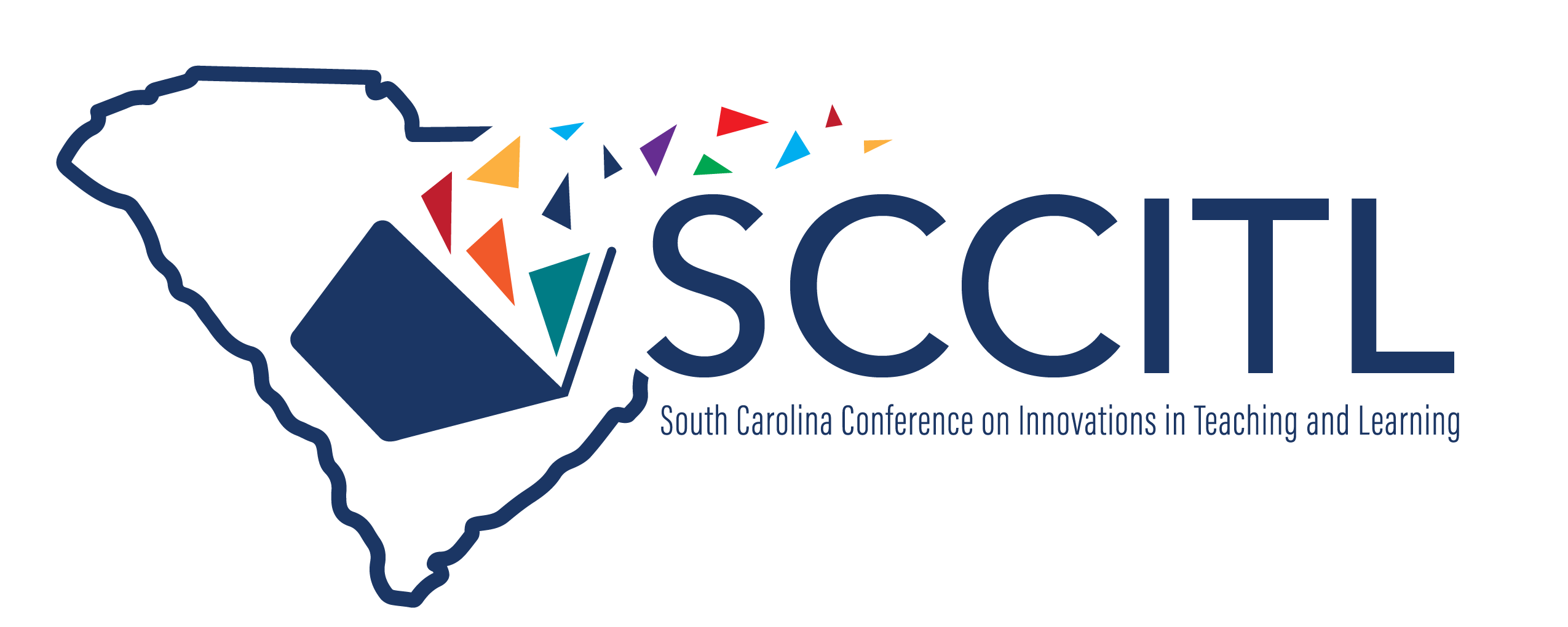Hands-on STEM education during the pandemic: A fully-engaged, remote learning approach using Lego Mindstorms EV3
Track Choices
Engaging Pedagogy
Abstract
Hands-on learning experience is a critical component for science, technology, engineering, and mathematics (STEM) education, particularly for laboratory-based engineering courses. Previously, the engineering science program at Coastal Carolina University (CCU) established a course curriculum for ENGR 201 Engineering Problem Solving using Lego Mindstorms EV3, a programmable robotics tool kit based on Lego building blocks. In this course, students learned the topics of programming, mechanical gearing system, sensors, and robotics through the Lego Mindstorms EV3, a programmable robotics tool kit based on Lego building blocks. In this presentation, we will introduce our efforts in redesigning the course curriculum to transfer the course to a remote environment during the COVID-19 pandemic. In addition, we will share our instruction experience and student's feedback, discuss the challenges we face, and illustrate potential improvements. We hope our presentation could provide useful reference resources for the peers in the STEM higher education in South Carolina.
Hands-on STEM education during the pandemic: A fully-engaged, remote learning approach using Lego Mindstorms EV3
Zoom Room 1
Hands-on learning experience is a critical component for science, technology, engineering, and mathematics (STEM) education, particularly for laboratory-based engineering courses. Previously, the engineering science program at Coastal Carolina University (CCU) established a course curriculum for ENGR 201 Engineering Problem Solving using Lego Mindstorms EV3, a programmable robotics tool kit based on Lego building blocks. In this course, students learned the topics of programming, mechanical gearing system, sensors, and robotics through the Lego Mindstorms EV3, a programmable robotics tool kit based on Lego building blocks. In this presentation, we will introduce our efforts in redesigning the course curriculum to transfer the course to a remote environment during the COVID-19 pandemic. In addition, we will share our instruction experience and student's feedback, discuss the challenges we face, and illustrate potential improvements. We hope our presentation could provide useful reference resources for the peers in the STEM higher education in South Carolina.


